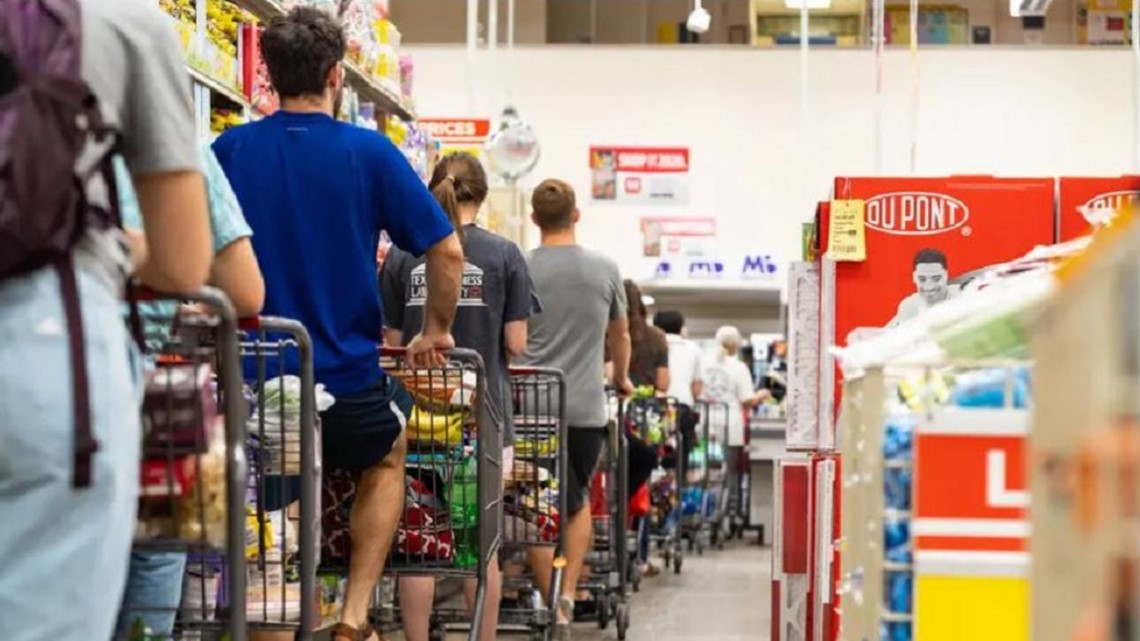Advancement made in breast cancer research
A new discovery shows a certain protein thought to have made breast cancer worse in the past may actually help it.
The protein is known as Gα13. Scientists from Duke-NUS Medical School discovered that in oestrogen receptor-positive (ER+) breast cancer, this protein acts as a tumour suppressor instead.
ER+ breast cancer constitutes about 80 per cent of all breast cancer diagnoses, yet nearly 50 per cent of women diagnosed with it experience a relapse after initial treatment.
According to the press release by Duke NUS Medical School the unexpected finding counters long-held views that the protein, known as Gα13, acts as an accelerator of cancer cell growth, as seen with similar G-proteins.


Ultraprocessed food in America
According to AP News ultraprocessed foods make up 60% of the American diet.
That statistic includes sugary cereals at breakfast to frozen pizzas at dinner and snacks in-between.
The report goes on to say these ultraprocessed foods have been linked to a lot of medical issues like obesity and diabetes to heart disease, depression, dementia and more.
A recent study is now suggesting eating these foods could raise the risk of early death.
Read more about ultra[rocessed foods and the arguments from both sides here.
Food bank farmers against food desserts
There's a food bank in Lubbock with and apple orchard in the back.
The Texas Tribune wrote about the 15-acre orchard in East Lubbock, a known food desert in the city of about 264,000 people. While a team harvests the apples for the food bank, the orchard is also open for visitors to take them home, too.
Dina Jeffries, CEO of the food bank, said people can become vulnerable in a heartbeat, whether it be from job loss, an unexpected bill, or an emergency. Jeffries said communities are still feeling the impacts of the pandemic and inflation.
“If I’m going to the grocery store and saying ‘Ouch,’ I can’t imagine someone being food insecure,” Jeffries said.
Celia Cole is the CEO of Feeding Texas. Cole said more families have turned to food banks this summer. They are working with the Texas Department of Agriculture, which runs an existing summer meal program, but Cole says the food banks are being stretched thin.
Read more from this article in the Texas Tribune here.



